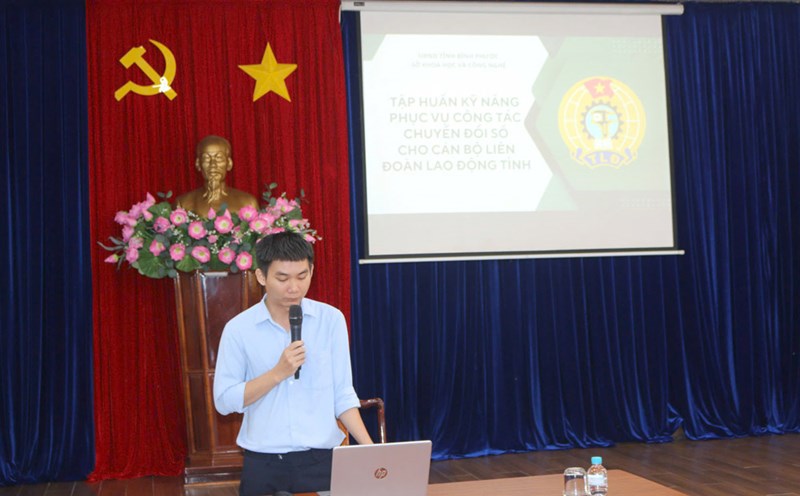On April 29, the Chairman of the Hanoi People's Committee signed and issued Directive 08/CT-UBND on the use of electronic records in Hanoi.
The Directive requires strengthening inspection, supervision and strict handling of agencies, organizations and individuals who do not strictly implement instructions, hinder the digital transformation process, and repeat unnecessary requests to submit paper sales.
Over the years, the policy of building e-government and digital government in the direction of "No documents - No contact - Complete - Lien mach" has been strongly implemented by Hanoi as well as localities across the country.
However, in reality, not only in Hanoi, people and businesses have encountered many situations of submitting documents online and having a complete electronic copy, but when coming to a state agency, they are still required to "insert additional paper copies", "submit hard copies to save documents" or "send photos for verification and comparison".
Those seemingly trivial requirements really distort the spirit of digital transformation. It takes people more time and money, and reduces confidence in administrative modernization efforts.
And more deeply, it reflects a fundamental problem: technology may have been innovated, but the service mindset of a part of the staff has not changed.
Digital transformation in state management is not only about applying software or digitizing documents, but also changing the way of thinking, working and thinking to serve the people.
A digital process is only truly meaningful when it helps shorten the time for processing procedures, minimize documentation, direct contact, social costs and create a convenient and transparent experience for people and businesses.
If administrative staff still think of "new documents are guaranteed", "keeping documents for responsibility", "etanding them to feel secure", then all modern software and all digital systems will become a form.
Therefore, strictly handling units and individuals who intentionally maintain old habits according to Hanoi's requirements is very necessary to protect the trust and common achievements, while affirming the determination to build a real digital government, for the people, for the development of Hanoi city.
However, to do this, Hanoi needs to take systematic steps, from periodic inspection and supervision of the implementation of the digitalization process at each unit to publicizing violations and requesting specific explanations.
As well as having a form of reward for units and individuals who do well and creatively in digital transformation.
More importantly, each cadre and civil servant needs to be aware of self-change, by implementing "digitalization" to better serve the people, not because they are afraid of superiors, then waiting for punishment or " strict handling" to start the change.
Digital transformation is a comprehensive change in the way government is operated, the first foundation of which is the action thinking of the staff.













